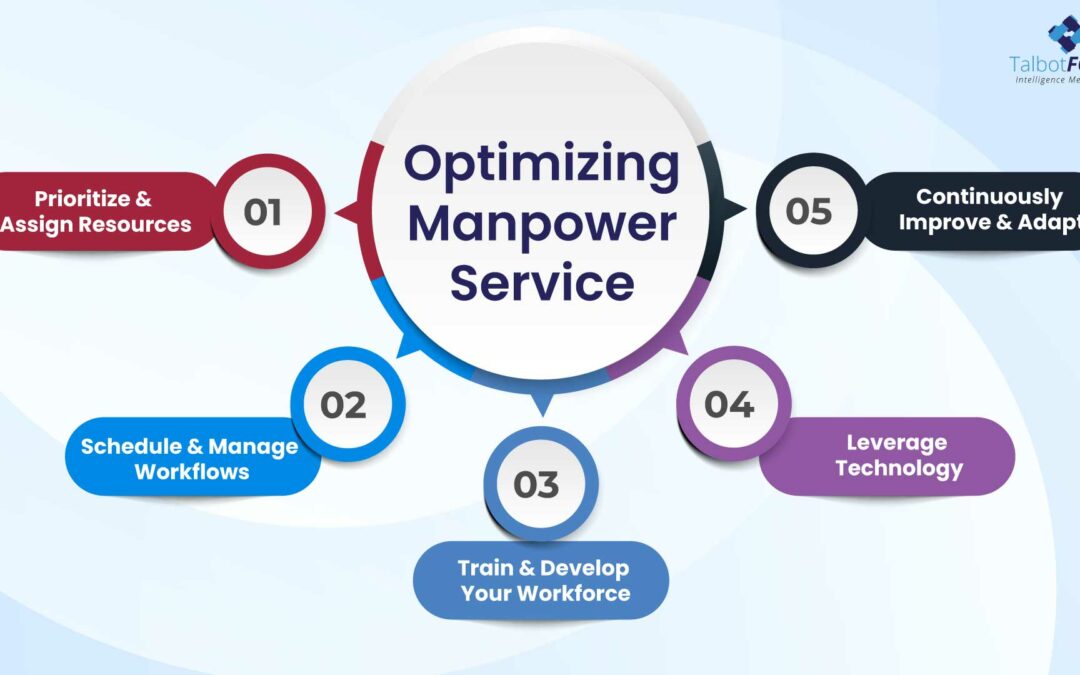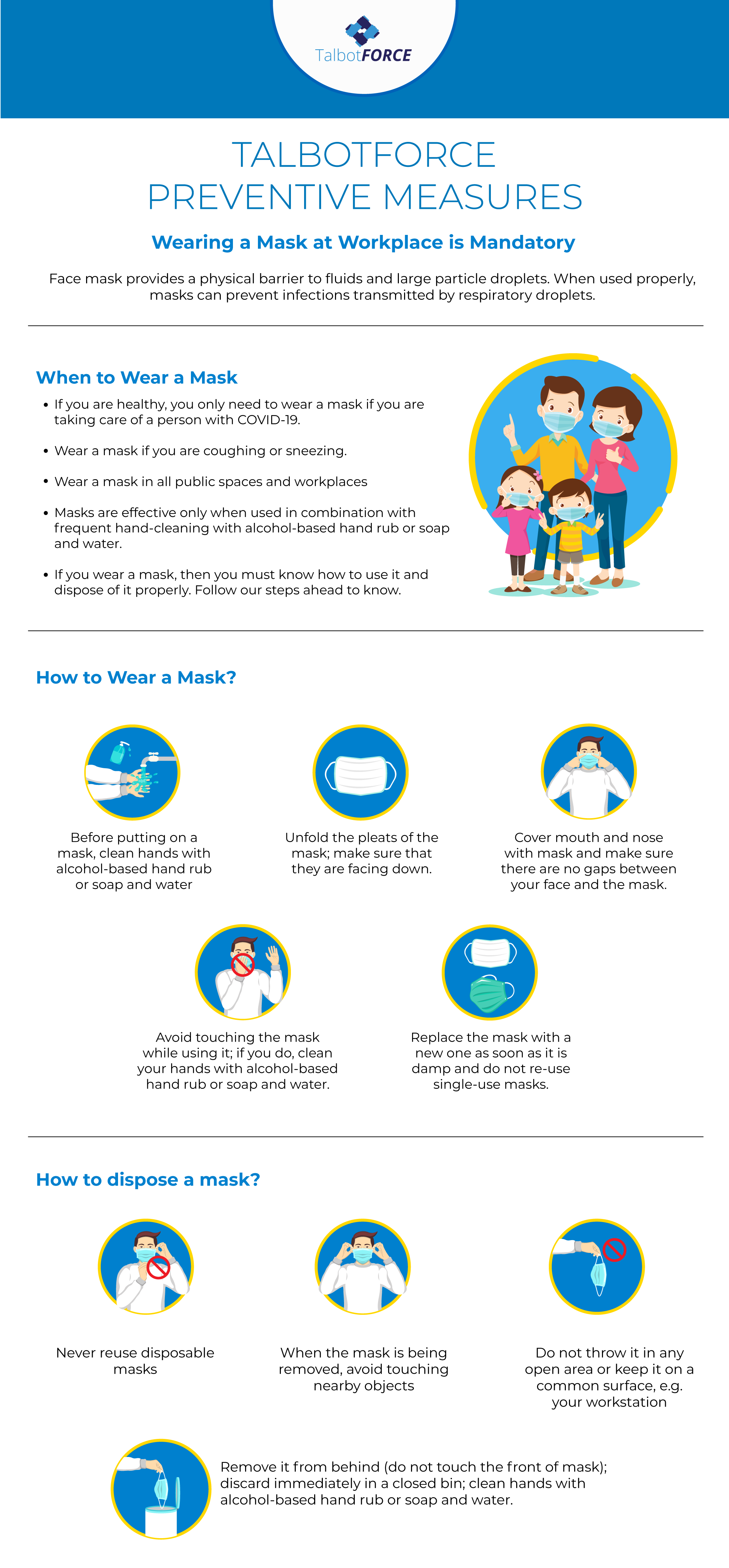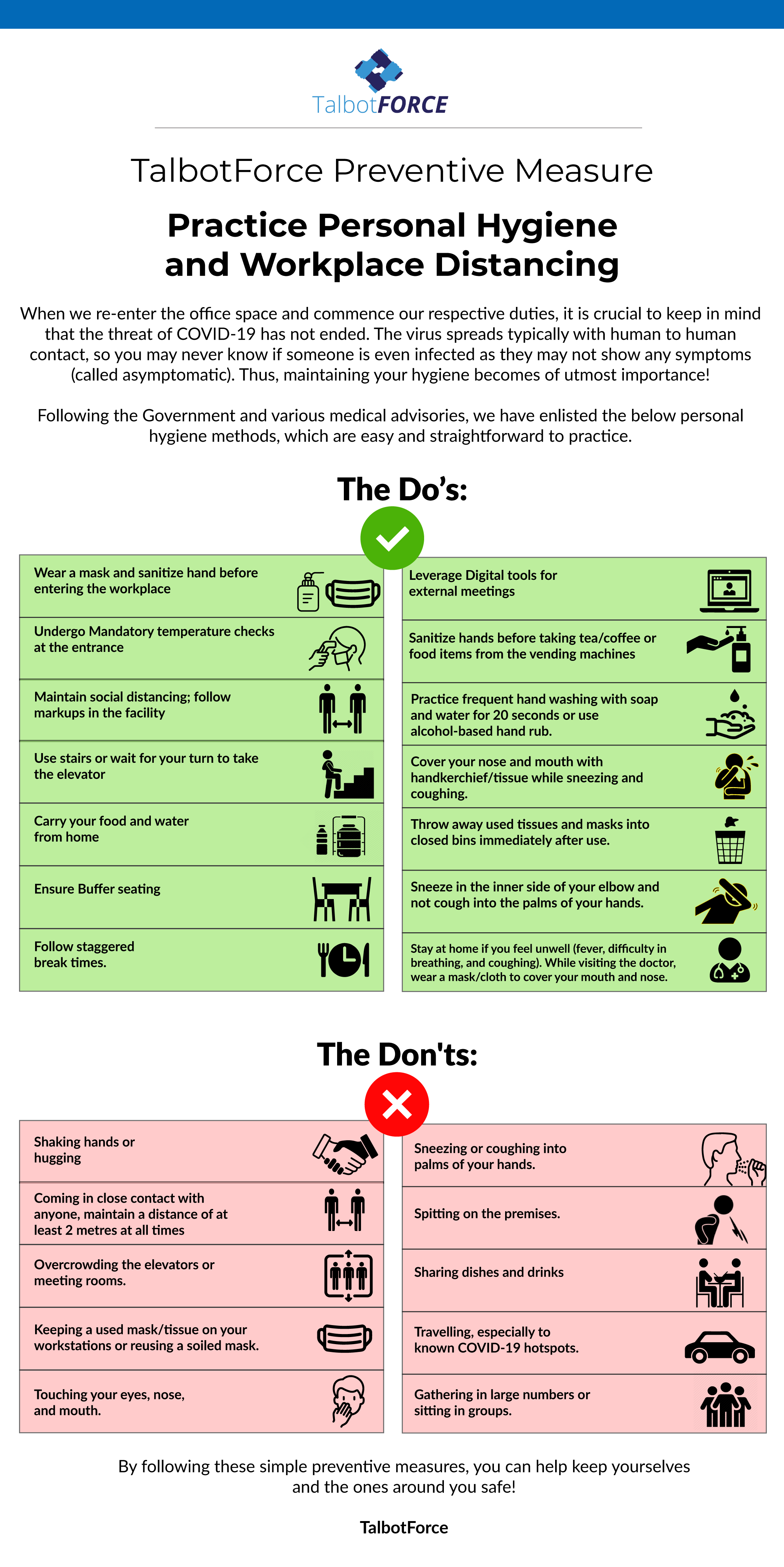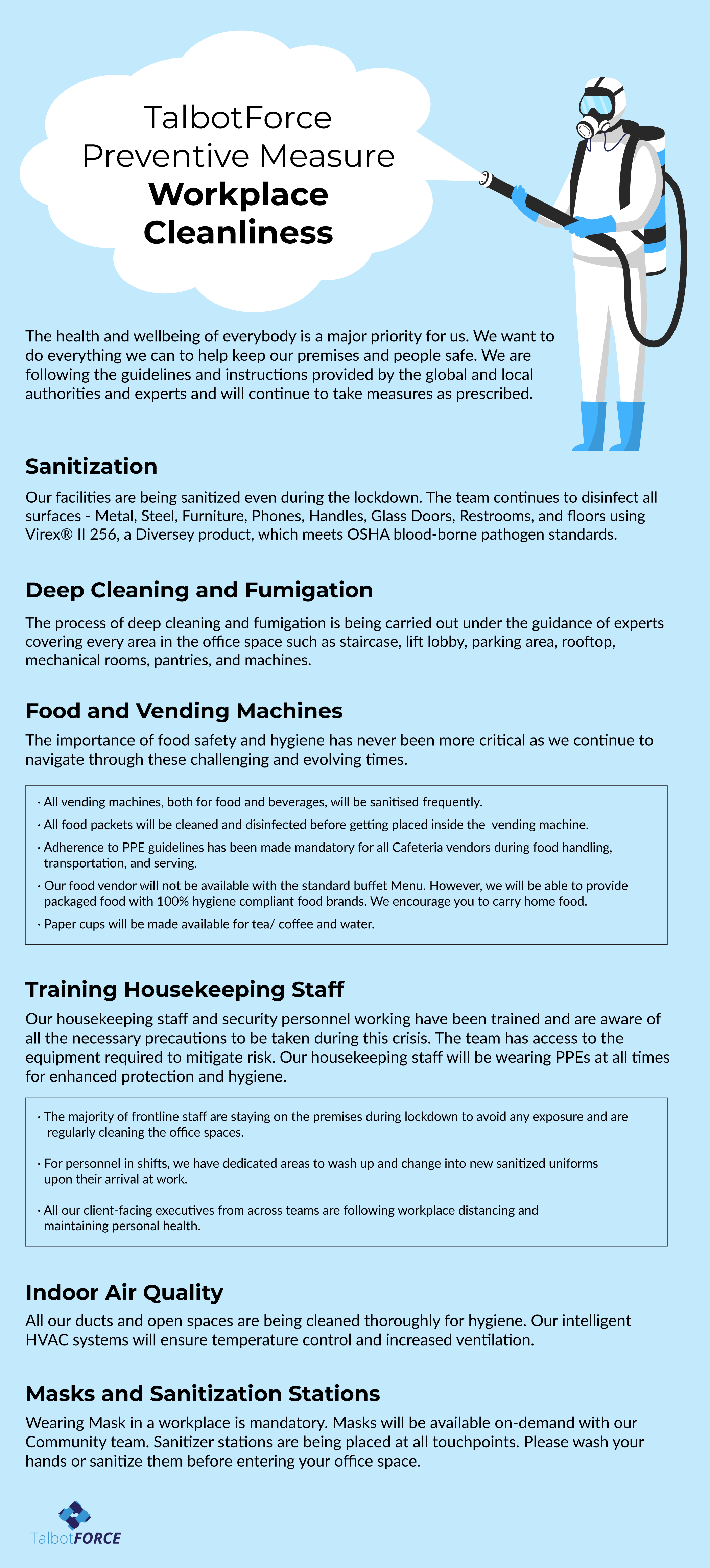Maintaining a smooth-running facility requires a multifaceted approach. While top-notch cleaning solutions are essential, having the right manpower is equally crucial. The efficient mobilisation of manpower service is paramount for ensuring smooth operations and maximising productivity.
Facilities serve as vital hubs for various activities and effective manpower management is indispensable.
What are Manpower Services in Facility Management?
Manpower services involve providing skilled personnel to handle various tasks essential for the smooth operation of a building or complex.
From building maintenance and security to cleaning and administrative tasks, manpower service encompasses a wide range of activities essential for the smooth functioning of facilities.
- Landscaping Personnel: Maintaining the facility’s grounds, gardens, and outdoor areas.
- Help Desk Staff: Assist occupants with facility-related needs, such as maintenance requests or access concerns.
- Janitorial Staff: Performing regular cleaning and maintenance tasks to ensure a clean and hygienic environment.
- Security Guards: Trained professionals responsible for maintaining building security, access control, and patrolling the premises.
- Maintenance Technicians: Addressing minor repairs and ensuring the smooth functioning of building systems like plumbing and electrical.
Key Strategies for Driving Efficiency
- Resource Allocation and Task Prioritization: Efficient manpower mobilization begins with strategic resource allocation and task prioritization. By assessing facility needs and identifying critical areas requiring attention, facility managers can allocate manpower resources effectively, ensuring that tasks are completed in a timely and prioritized manner.
- Scheduling and Workforce Optimization: Streamlining scheduling processes and optimizing workforce deployment are essential for maximizing manpower efficiency. Utilizing scheduling software and predictive analytics, facility managers can allocate manpower resources based on demand patterns, minimize idle time, and respond promptly to emergent needs.
- Training and Skill Development: Investing in training and skill development programs is crucial for enhancing the capabilities of manpower service teams. By providing employees with the necessary knowledge and skills to perform their duties effectively, facility managers can improve service quality, reduce errors, and increase overall efficiency.
- Technology Integration: Leveraging technology tools and systems can significantly enhance manpower service efficiency in facility management. From maintenance management software and IoT-enabled sensors to real-time communication platforms, technology integration streamlines processes, facilitates data-driven decision-making, and enhances collaboration among team members.
- Continuous Improvement and Feedback Mechanisms: Implementing a culture of continuous improvement and feedback mechanisms is essential for driving efficiency in manpower service. By soliciting feedback from employees and stakeholders, facility managers can identify areas for improvement, address challenges proactively, and foster a culture of innovation and excellence.
Optimizing manpower service in facility management is critical for enhancing efficiency, reducing costs & risk, productivity, and customer satisfaction. By implementing strategic resource allocation, workforce optimization, training initiatives, technology integration, and fostering a culture of continuous improvement.
Facility managers can maximize the potential of their manpower service teams and drive sustainable growth. Manpower services give you access to a reliable and skilled workforce that allows you to focus on your core business activities. These services ensure your facility remains well-maintained, secure, and running smoothly.
As facilities continue to play a vital role in supporting business operations, mastering the art of manpower mobilization will be key to staying ahead in today’s dynamic and competitive landscape.










